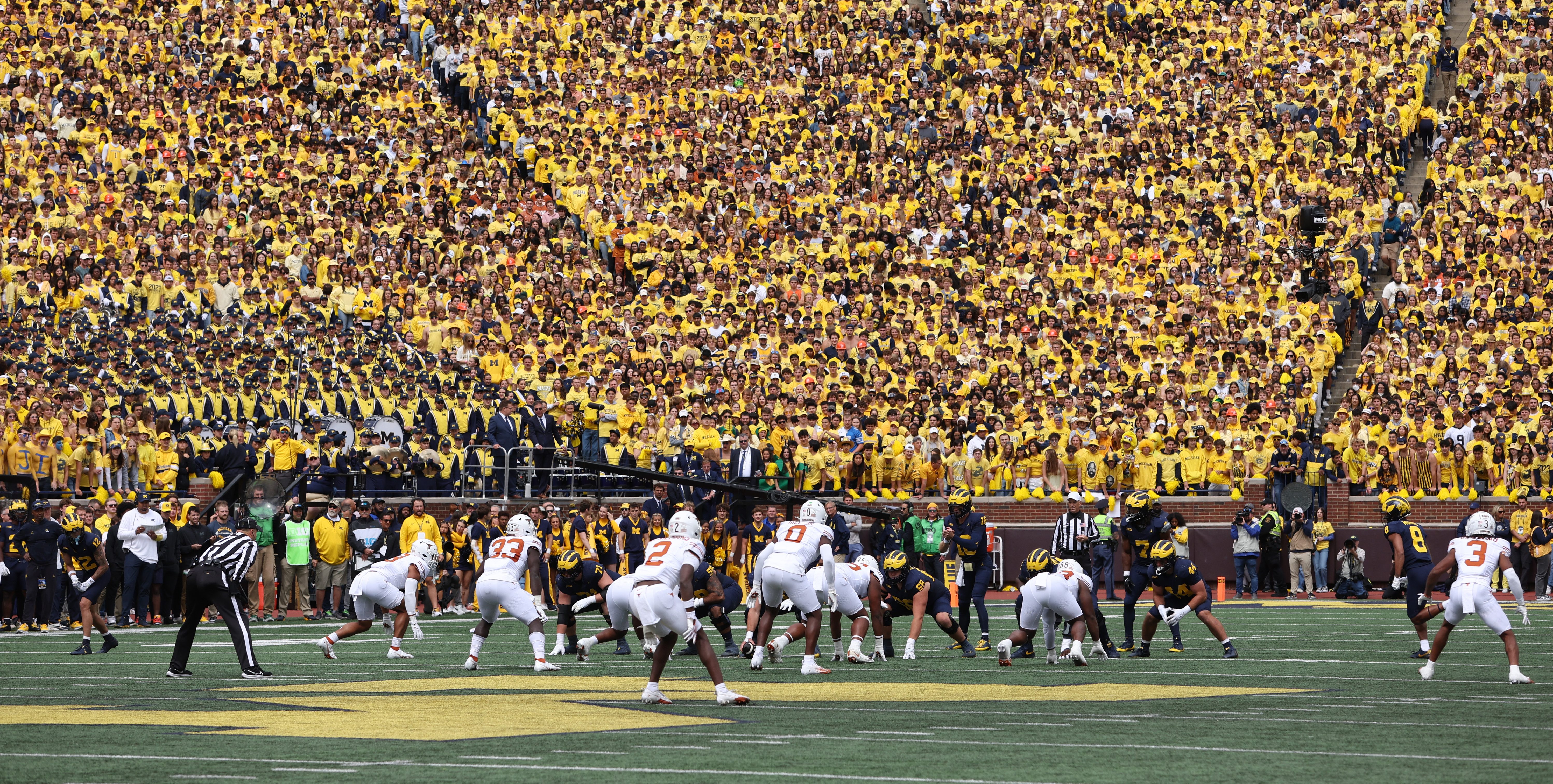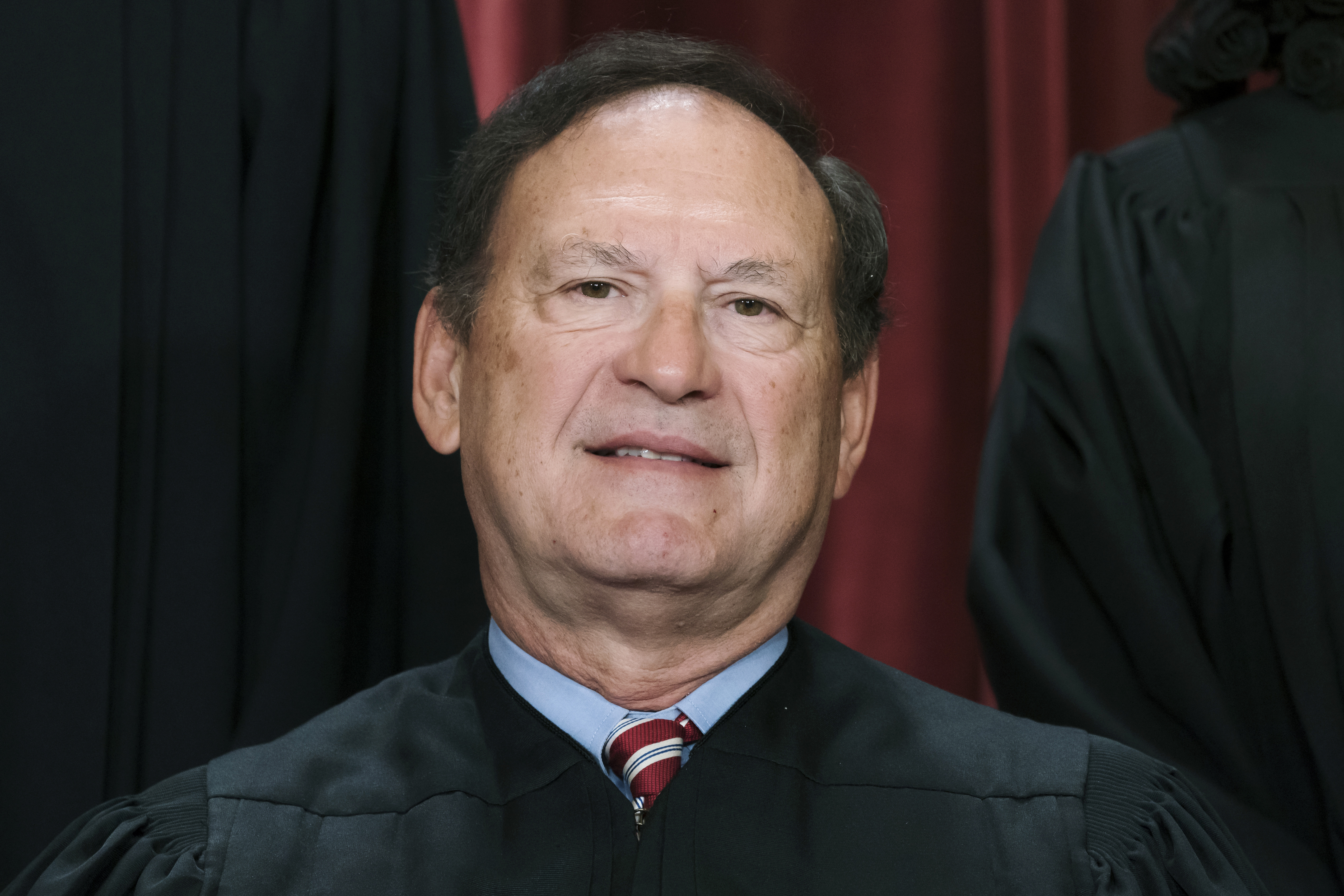Sen. Tony Hwang (R-Fairfield) weighs in on what to do with the state’s Rainy Day Fund. He says there is an important safeguard that is set to expire at the end of June and makes his argument for why that needs to be renewed.
Mike Hydeck: We'll also have a challenging debate over spending versus saving for a rainy day. It's a decision we all face with our monthly budgets, but when you're billions in the black like state coffers, does that make that decision any easier or more difficult, especially when voters are still struggling with high inflation? Joining me now is Senator Tony Hwang. He is the Republican from Fairfield and a ranking member of the Bonding Subcommittee of the Finance and Revenue and Bonding Committee. Senator Hwang, welcome to Face the Facts.
Tony Hwang: Thanks, Mike. It's a pleasure to be here.
Mike Hydeck: So it is almost seemingly impossible to try to keep up with the numbers. They change constantly, the surging state surplus. The numbers in the latest projection for Connecticut will finish the fiscal year $2.8 billion in the black. That's after some $4 billion last year. Your colleagues, though, say it is time, some of them, say it's time that taxpayers got more money in the way of more tax breaks. Do you agree or disagree?
Get top local stories in Connecticut delivered to you every morning. Sign up for NBC Connecticut's News Headlines newsletter.
Tony Hwang: Well, first and foremost, it is indeed welcome news that resulted in us having a surplus. But I must remind people that it's a result of good work in a bipartisan basis that began in 2017, when the state senate was tied 18-18. And we also need to acknowledge that there were changes in the federal tax laws, a very robust stock market, and also the billions of dollars that we received and COVID ARPA money, not only for the state, for municipalities Board of Eds, and the possibility as my colleagues on the Republican side said. There's a possibility of over taxation from past budgets so there are merits to that discussion. But ultimately, the money that's in the coffers right now have done very good things. First and foremost, paying down our pension liabilities, which has freed up interest money to be able to do some good things, build roads, help schools, but I'm throwing caution to the wind on this, Mike. And this is why it's important. We implemented four particular caps that address spending control. The first thing is spending caps, that restricts how much we spend with some oversight. We also looked at how much we bond and put caps on that. And there's a volatility cap, which benefited from that 18-18 tie that says if we had surplus money, we put it into the Rainy Day Fund and pay down the pension plan. The fourth is having a revenue cap that says it gives us a little degree of wiggle room to be able to use the money on emergency cases. These four caps are instrumental as part of that bipartisan budget in 2017 that has kept control of spending.
Mike Hydeck: Let me jump in really quick. So we're getting ready to go into a new session in a few weeks. How do you feel about keeping those guardrails on? The governor says he wants to, some of your Republican colleagues want to. Whether it's the volatility index, where there's a cap on bonding, spending, should any of that be changed in your mind or at least tweaked because we are at unprecedented levels of money in state coffers. And it's going to continue because property taxes have gone up because valuations have gone up so high, should anything be tweaked?
Tony Hwang: I've heard calls for that, Mike. But here's the caution. I do believe all four of those caps need to be kept in place. And there's one important issue that has not been addressed and it's due to expire in June 2023. And that is our bonding lock. It's a concept that has legal covenant, bonding requirements, that as we borrow and bond money, that we have to be able to have the lenders be able to have input into how we spend. So this bonding lock that's about to expire in June of 2023 needs to be renewed and needs to be maintained to ensure, to keep us honest as a legislative body. But to answer your question, we, I believe that we overtaxed people from prior budgets, and that from that taxation, we should give some relief to people, particularly when I threw caution in the wind of a declining stock market, inflationary cost of goods and energy costs and the possibility that we're going to lose billions of dollars of COVID money. And with the loss of Sikorsky's potential contract, the struggling business economy that we have, that's been clouded over by COVID. So without a doubt, I think we need to put those caps in place, manage our means and to be able to spend within our means and save the money and pay down our pension liability.
Politics
Mike Hydeck: So one of the other things that we keep hearing about, or have been hearing about for the past several months, is we have this big threat of a recession. If a recession does come to pass, whether it's you know a snowball effect from Sikorsky and other taxes and other federal monies going away. Are we in a solid position with Connecticut's balance sheet for the next maybe two or three fiscal years, like some reports say?
Tony Hwang: I believe the Office Fiscal Analysis presented a very positive report, one of the most positive I've seen in my 14 years in the legislature. That is words of encouragement. But again, cautious and also constraint. To be able to live within our means, and use the rainy day only on the exception of a rainy day. But we have so many issues we need to tackle, that is, we need to help our economic environment, we also need to make sure that our budgets that come forth is a priority. It needs to address the critical needs that are priorities and how we want to govern. And the fact is, we've not demonstrated that kind of discipline. That's why the bonding lock is critical. Maintaining the caps are critical, just to make sure that we don't look at a pot of money that we want to spend, but rather to save for unpredictable and possibly economic downturns.
Mike Hydeck: Senator Hwang, we have to leave it there, from Fairfield. Thanks so much for joining us on Face the Facts. We hope to have you back soon.



